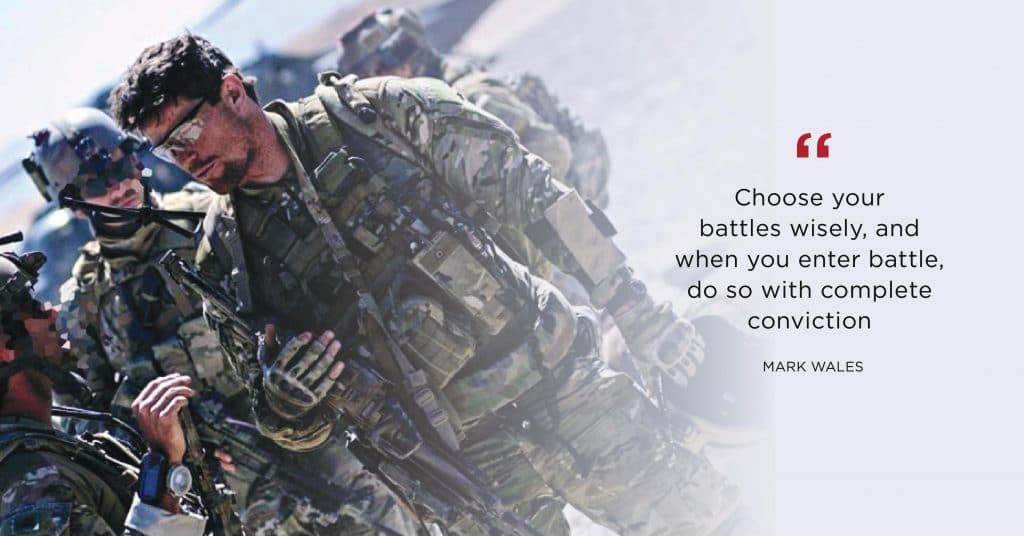ANZAC Day: Purpose, Paths & Missions | Mark Wales

A former SAS Troop Commander, Mark Wales carries an impeccable military career that took him to Afghanistan on multiple tours, leading elite teams in the toughest and most stressful environments imaginable.
Mark shares his thoughts about ANZAC Day.
ANZAC Day: Purpose, Paths & Missions | Mark Wales
Australians are about to commemorate the 105th anniversary of the Allied landings at Gallipoli in 1915. The campaign was supported by Winston Churchill, who envisaged opening a new front against the ‘soft underbelly’ of Axis forces in the Dardanelles campaign. The fight was bloody. 8,709 Australian soldiers were killed during the 8-month campaign. One of the worst battles, The Charge at the Nek, saw 500 Western Australians killed in 24 minutes in an area not much larger than a few tennis courts.
Ultimately, the campaign failed. The Allies withdrew from the Gallipoli peninsula in December 1915.
Australians celebrate the Allied landing every year on the 25th of April, Anzac Day.
As a former soldier, I always take a moment to think about my deployments to Afghanistan, the soldiers I fought with, and what I will do with the rest of my life. There is one good lesson I took from fighting in the military: choose your battles wisely, and when you enter battle, do it with complete conviction. Anything less can be a very dangerous approach.
Any endeavour worth embarking on will be full of frictions, pitfalls and hardships. Tough journeys will test the resolve of the most hardened teams, and the best leaders. Battles are costly. They consume resources, lives and opportunity. If you choose to fight, you must focus totally on that objective. Anything less than that, will increase the risk of failure.
Once you decide you will enter a new endeavor, understand that the most critical step is to determine the ‘problem definition’. The best organisations define the problem they are tackling. In McKinsey & Company, it was the first and most important step in their problem-solving process. Likewise, in the military, ‘Mission Analysis” was the first step in planning.
The output at the end of this step is a clear mission statement that included the parameters for success. These were often tied to a clear timeframe and a measurable output. The problem statement would prevent us from wasting costly resources on solving the wrong problem.
True to the maxim, we found that ‘plans rarely survive first contact with the enemy’. Often our mission would be rendered irrelevant early in an operation. This would mean discarding preconceived plans, and adapting to the reality our inconsiderate enemies had imposed on us.
Teams that constantly check in on their initial reasons for fighting can quickly prevent themselves from going down the wrong path. Management guru Peter Drucker summed it up well: “there is nothing so useless as doing efficiently that which should not be done at all.”
It is worth constantly revisiting your original reasons for the path you have chosen – you may find your mission is no longer relevant. If that reality prevails, change your mission.
Australia is unique in being one of the few countries that celebrate what is essentially a military failure. But it is somehow a positive day – we reflect on sacrifice and consider how we use the gift of life that we have.
Don’t wait for the 25th of April each day to think about your mission in life. It’s worth considering daily not just how you fight, but why you chose the battle you are in.